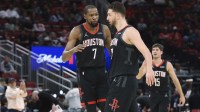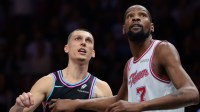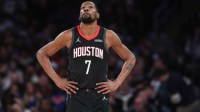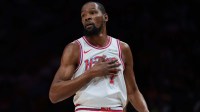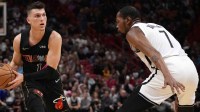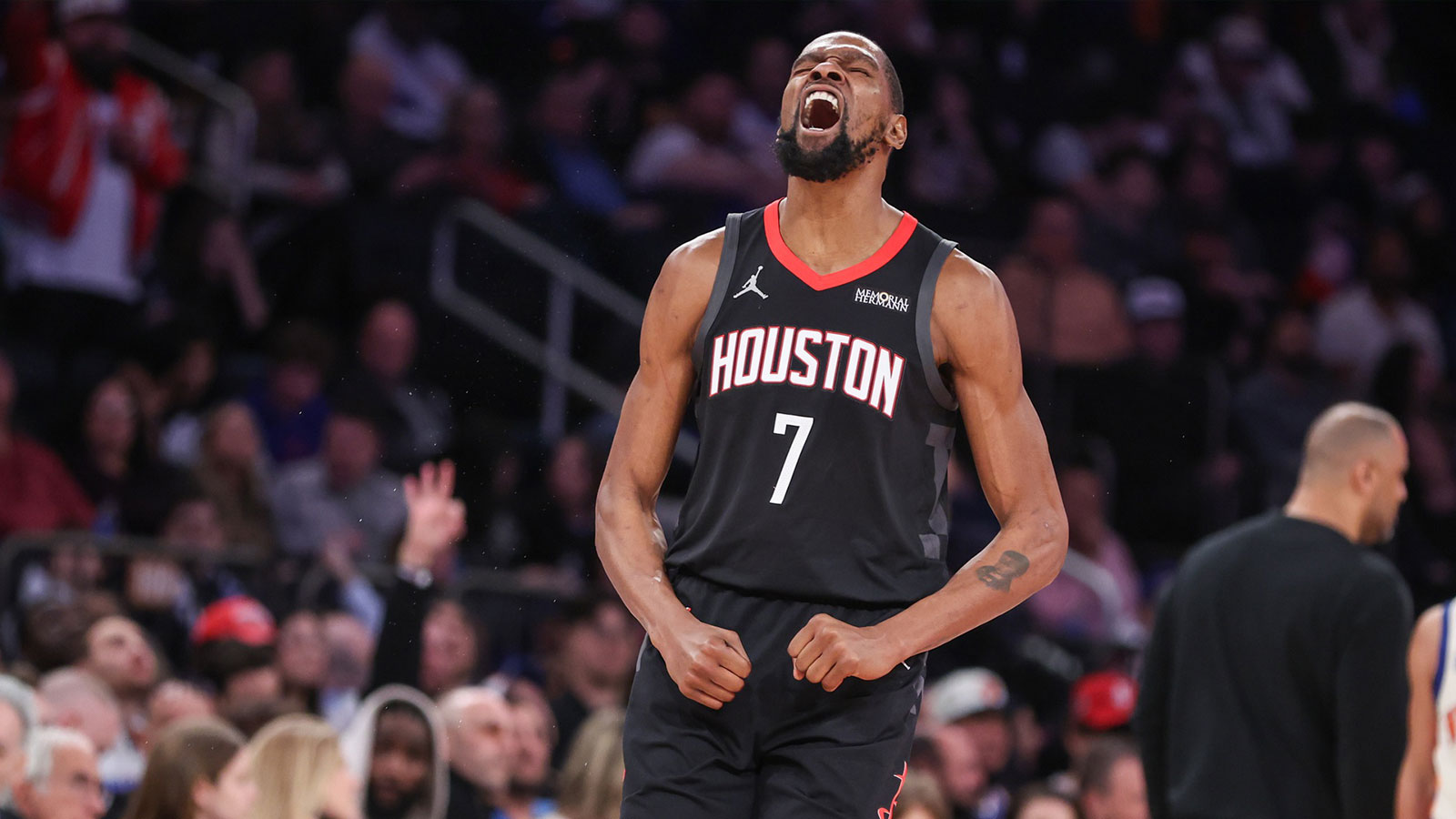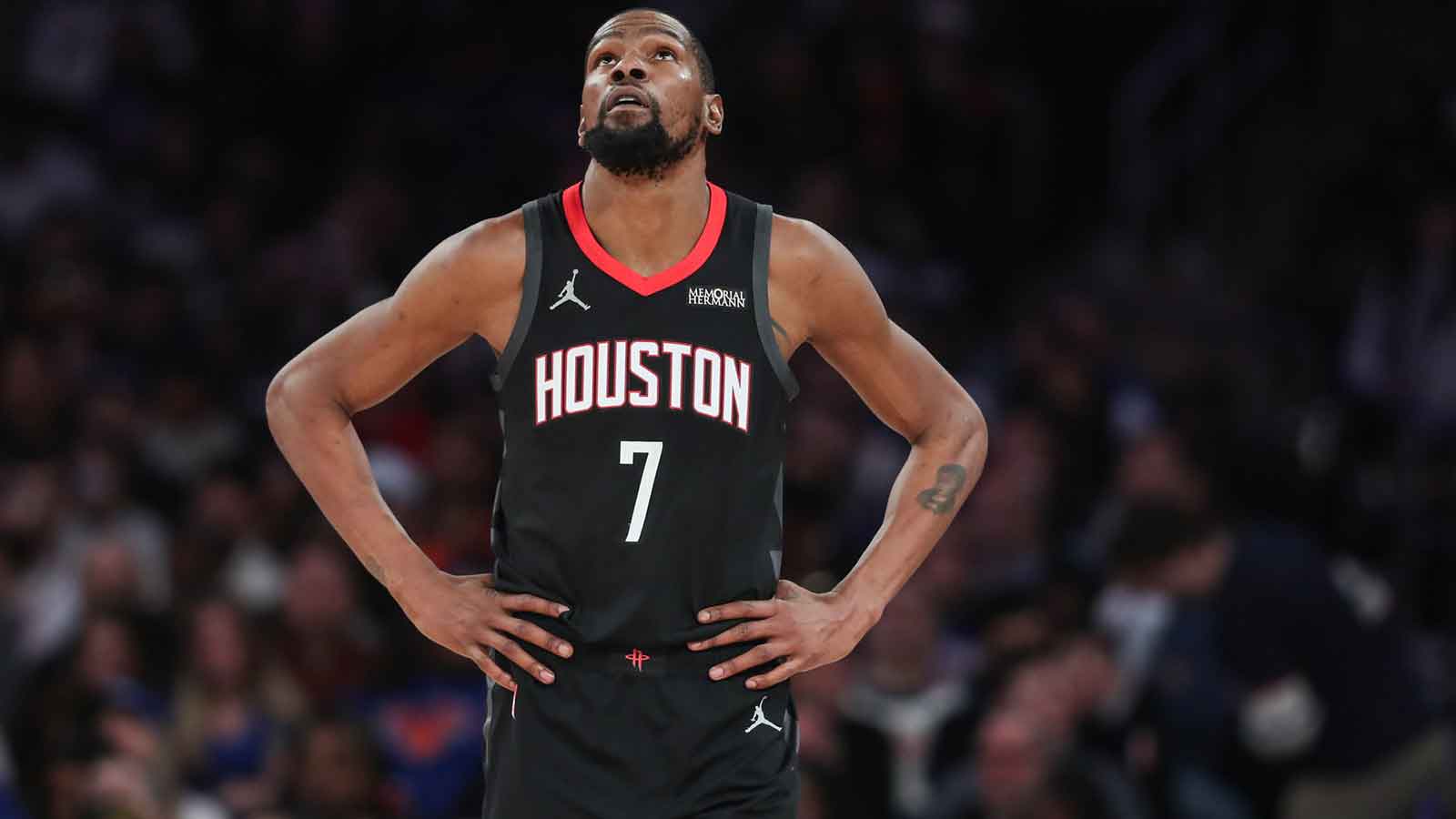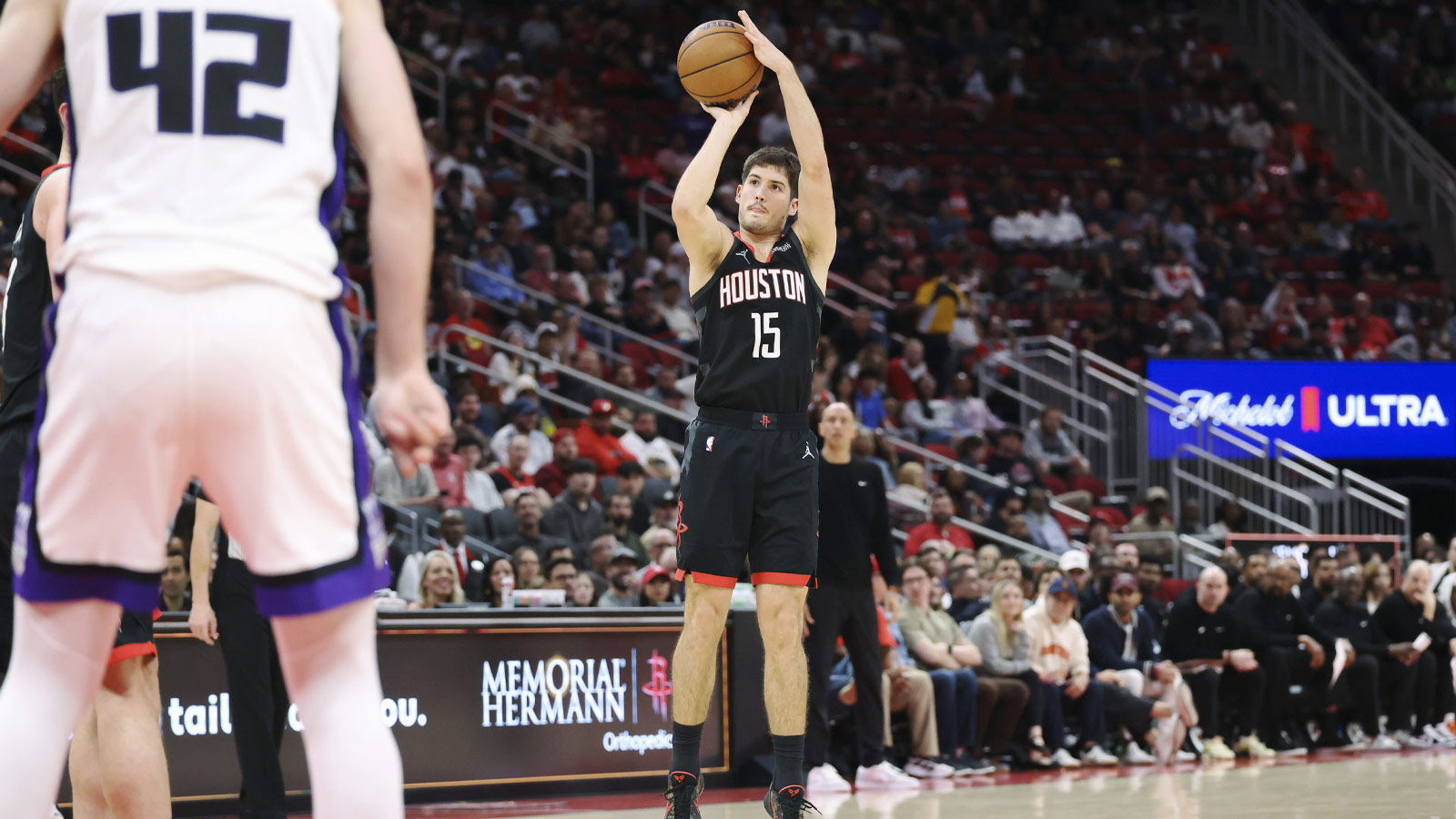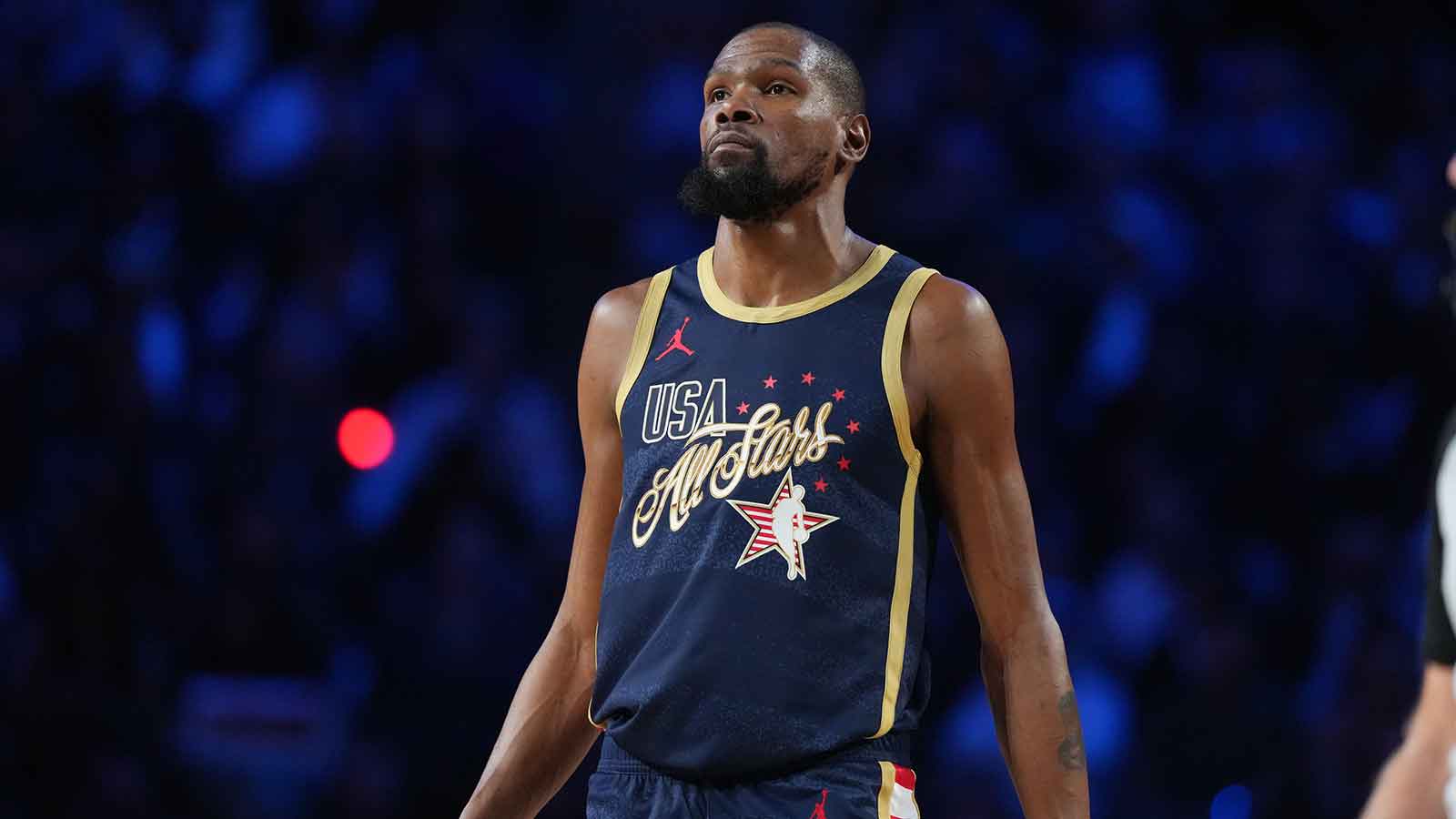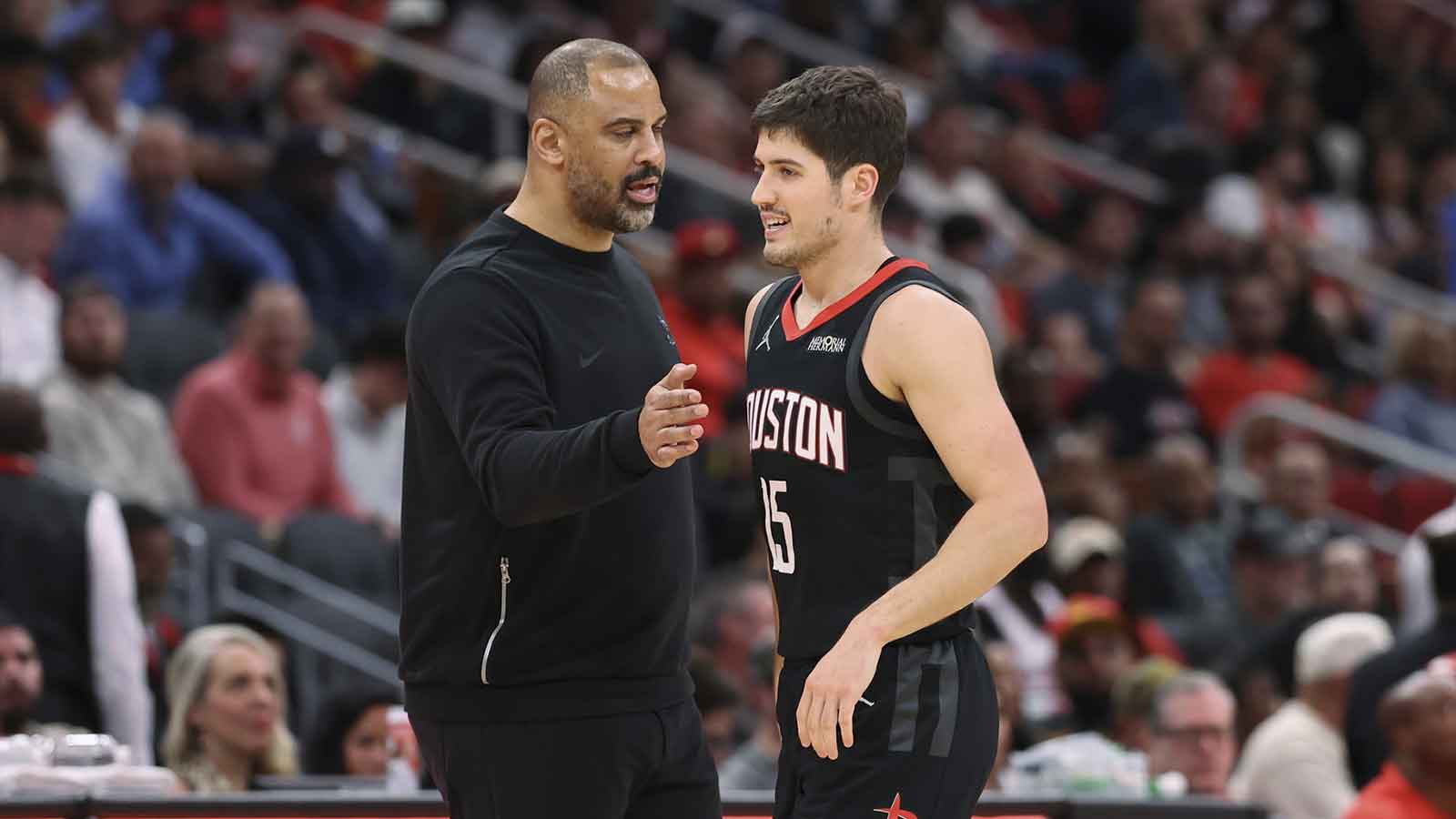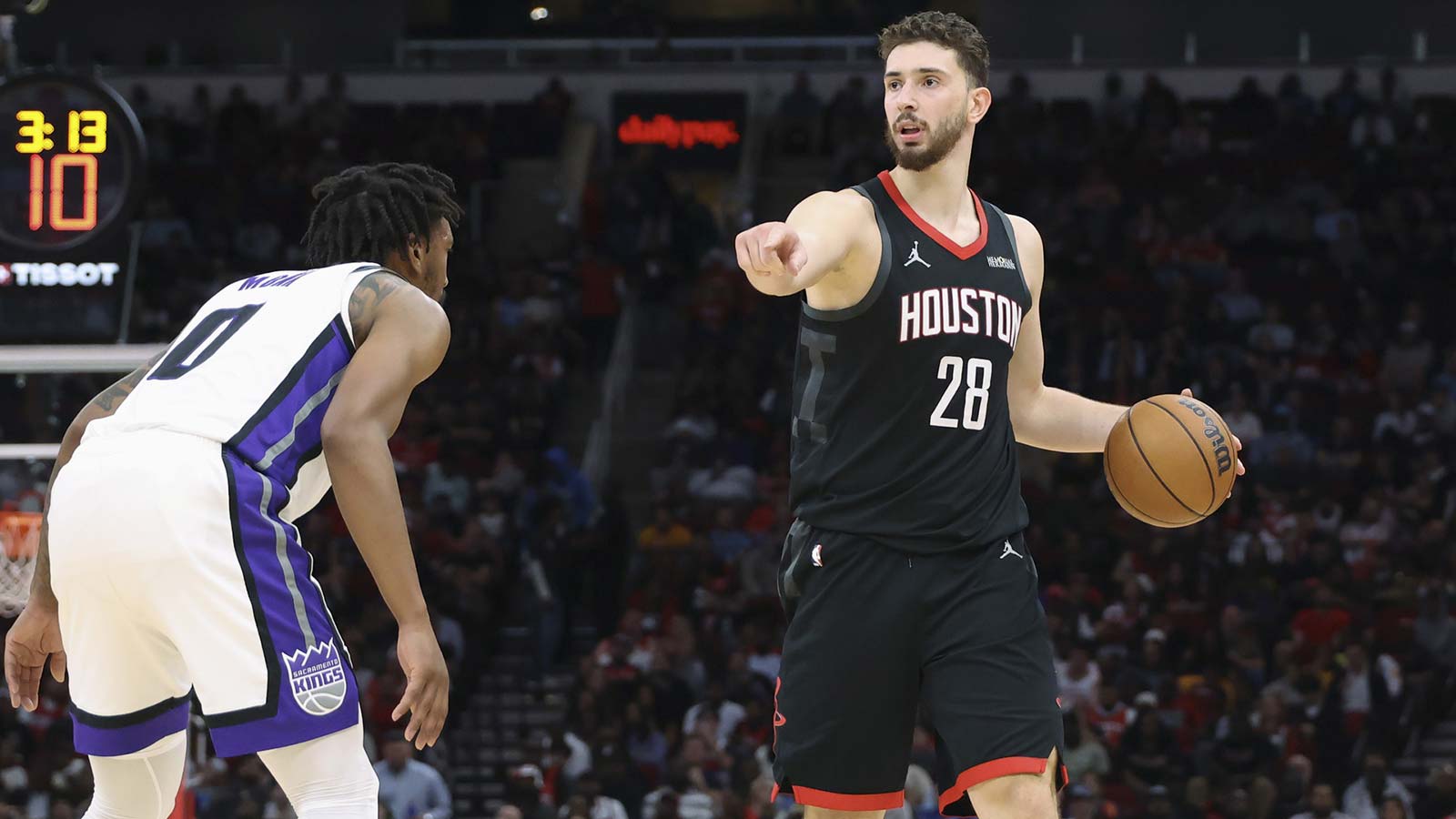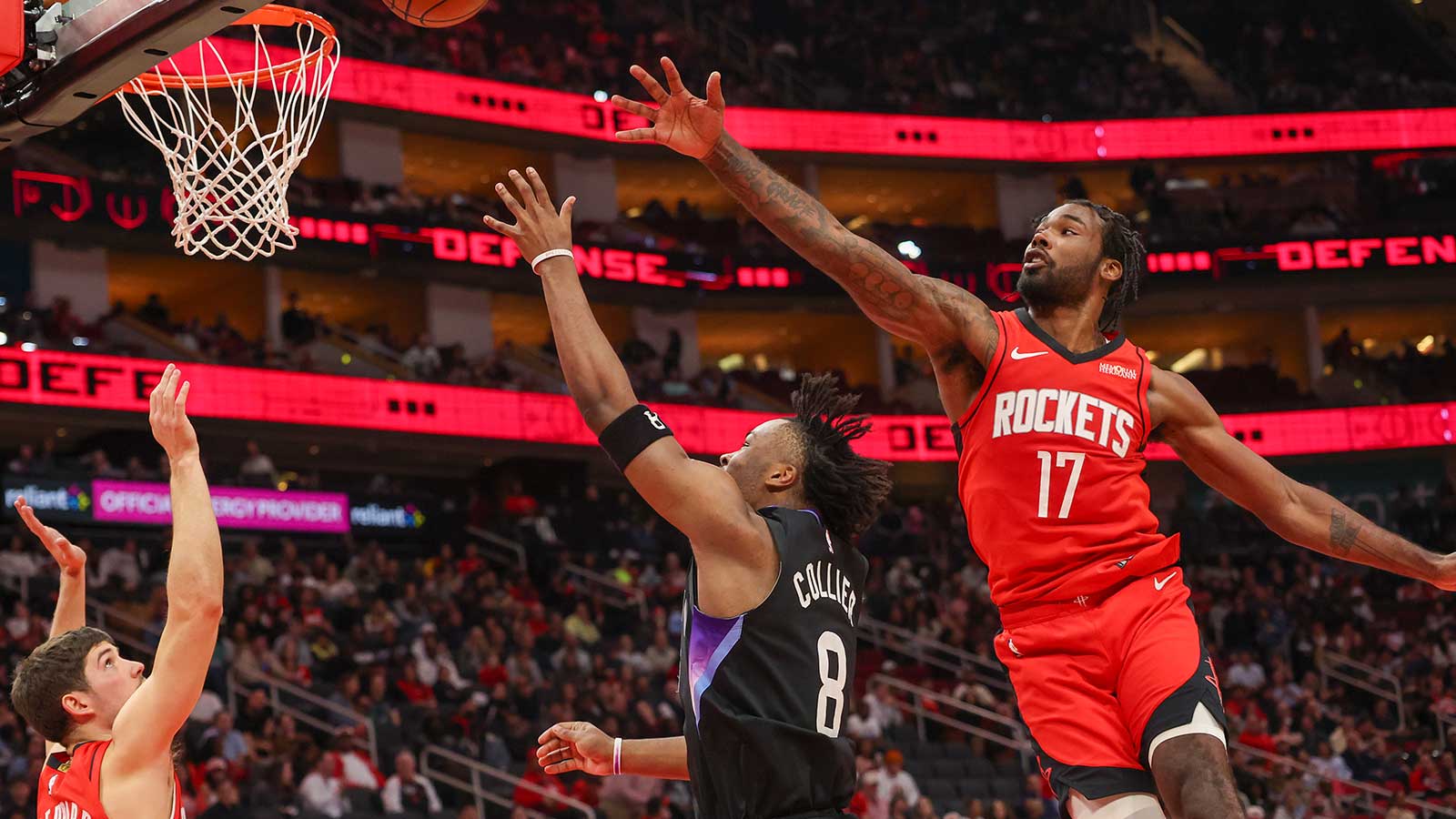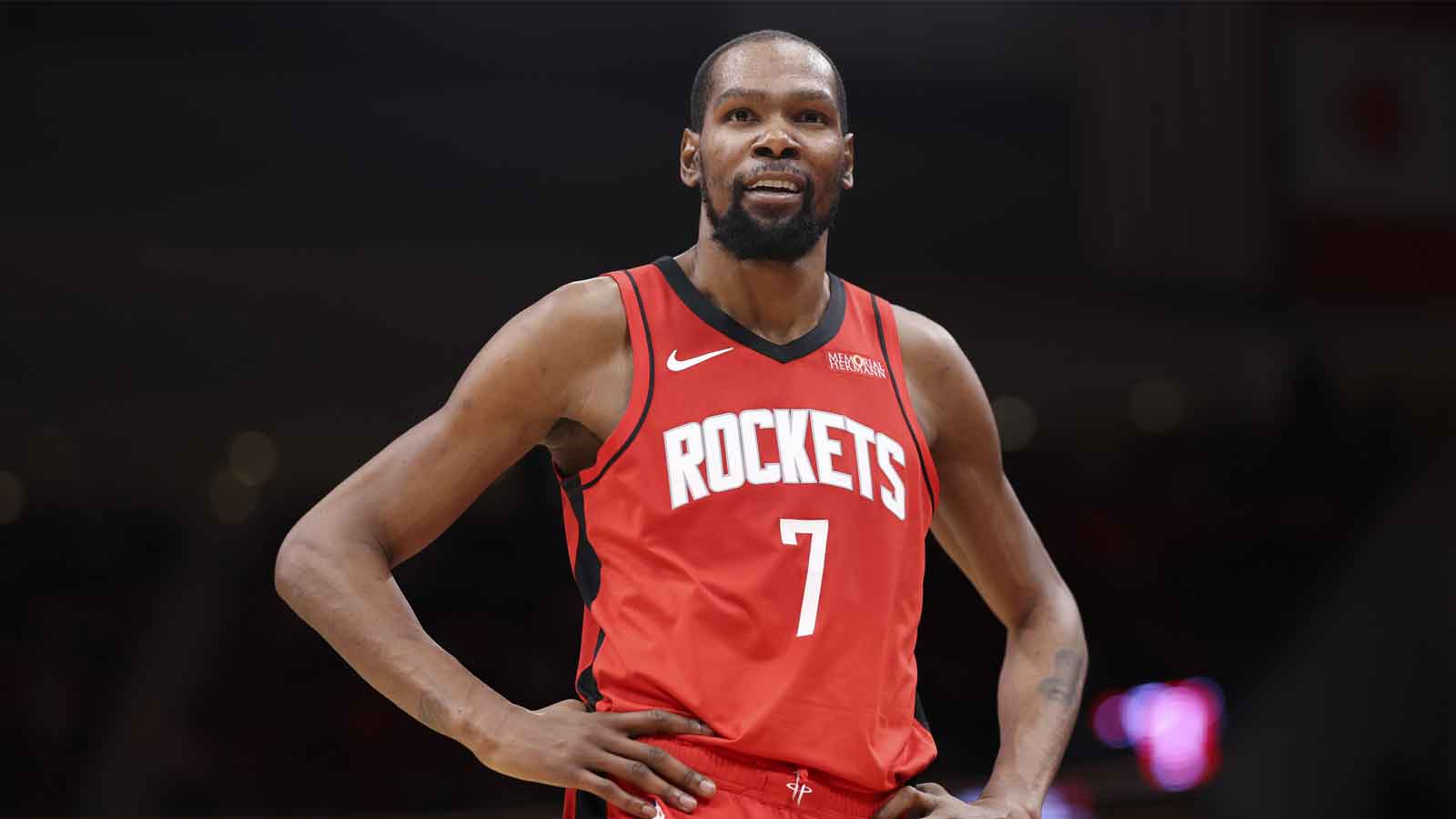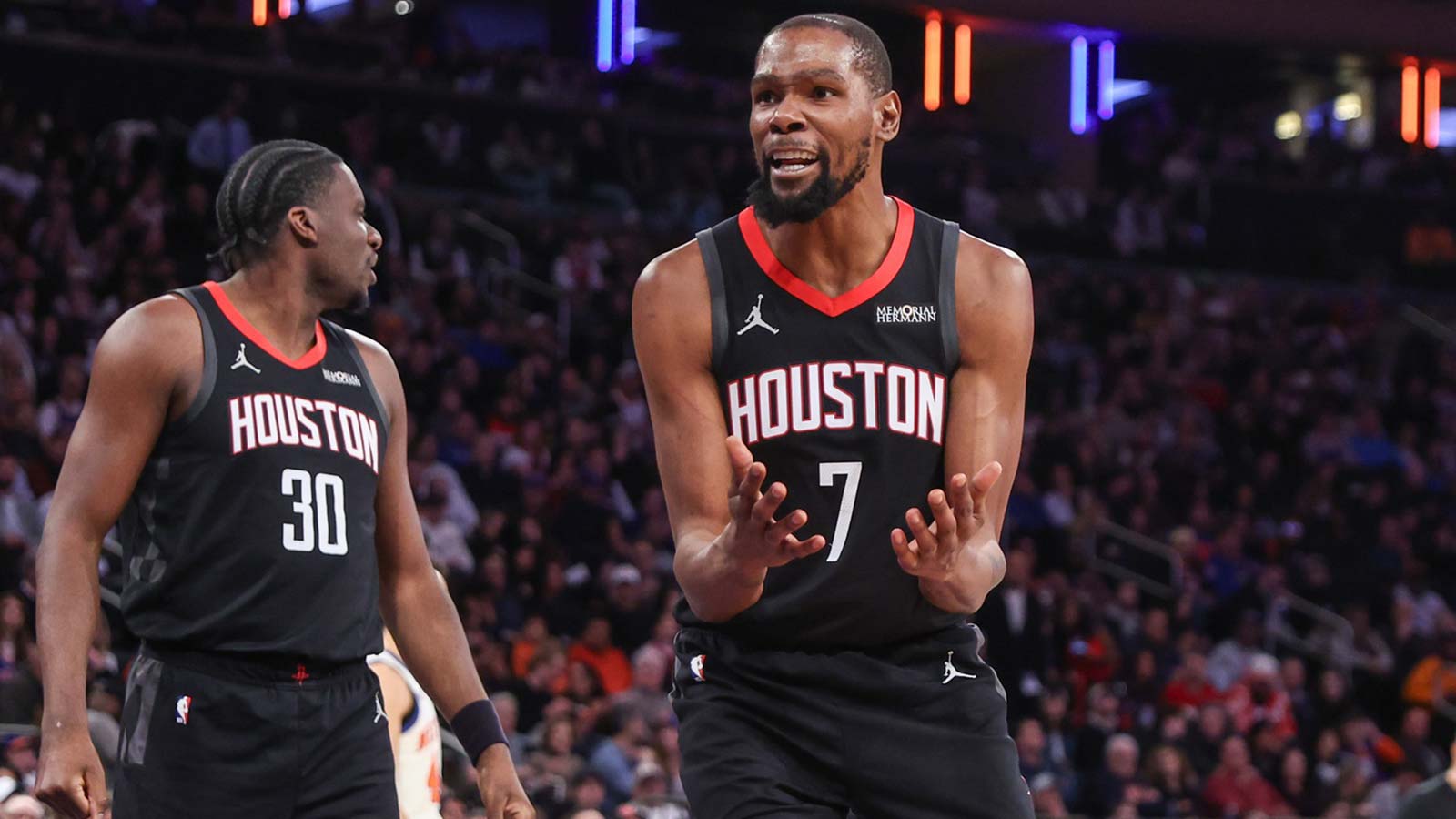Under head coach Ime Udoka, the Houston Rockets built their identity on grit and defense. However, this season, that formula has flipped. While Houston's offense has surged, its once-reliable defense has sprung leaks, largely due to a heavy reliance on zone.
Houston is currently ranked No. 2 in offensive rating, just a hair behind the Denver Nuggets, but defensively has slipped to the 10th, and even that number feels generous based on the eye test. The defensive edge has seemingly faded, as the four teams Houston has faced with winning records have each scored 115+ points on them.
A major reason for the defensive drop-off? The Rockets' reliance on their 2-3 zone. According to Synergy Stats, Houston is playing zone defense on 19% of its defensive possessions, which is nearly double that of any other NBA team (the Miami Heat are second at 10%). In fact, it would be the second-highest zone rate in the 18 years Synergy Stats has tracked the NBA.
The high zone usage rate is due to the Rockets' preference for their double-big lineup, often pairing Alperen Sengun with Steven Adams. Since neither is all that shifty on the defensive end, both are typically stationed deep in the zone to protect the rim.
While the double-big lineup has been very beneficial offensively, particularly on the offensive glass, the trade-off has been costly on the defensive end. The Rockets are surrendering the fourth-most three-point attempts in the league, many of which are wide-open looks, while opponents are knocking them down at the 11th-highest rate (36%).
That weakness was on full display Friday, when the San Antonio Spurs drilled 18-of-45 from beyond the arc (40%), as they scored 121 points to snap the Rockets' five-game win streak.
“Some communication that we need to get better at,” Udoka said of the zone. “I think Fred [VanVleet] was a big piece of that last year in the top and kind of getting guys set in slots, and it's not a traditional 2-3. We don't want it to be like that, so it's more of a matchup zone. When nobody's in your area, you need to rotate to find a body, find a man. So there are some unconventional things about it that we showed and walked through, especially in training camp, and we want to keep it that way.”
Not only are the Rockets missing VanVleet, but also Dillon Brooks, another defensive anchor from last year's team.
Zone defense itself is still relatively new to Udoka's system. Houston implemented it mid-season last year once they began using Adams more, and it seemed to really catch teams by surprise. But that was midseason. Now, opponents have had a full offseason to prepare, as the Rockets tipped their hand with offseason roster moves that signaled this style would only be used more frequently this season.
It's much like the rookie quarterback who takes the NFL by surprise, before running into a sophomore slump. There's now more tape on this Rockets defense, more game reps and experience, and more time for teams to prepare for it. Furthermore, teams are often slower in putting in their zone offenses, which could lead to even more success as the season wears on.
And it wasn't all that long ago that Udoka was hesitant even to use a zone defense.
“My assistants had been begging me to do zone for some years,” Udoka said last March when the Rockets first started using the double-big lineup. “My thing is, let's get great at what we want to do, first. Obviously, we've implemented it this year. It's adding another weapon to our defensive playbook. With the double big lineups we're playing, the zone has been implemented more, and it's worked out really well for us.”
That weapon is now beginning to feel like a double-edged sword. The Rockets' zone defense is much like the Michael Scott Paper Company's low prices. Michael thought they were keeping the company in business, when, in reality, they were actually putting them out of business.
What seems like a strength may actually be undercutting their success. The Rockets still view it as an asset, but while the double big lineup has been great on the offensive end, it's actually hurting their defense, which is Udoka's true calling card.



